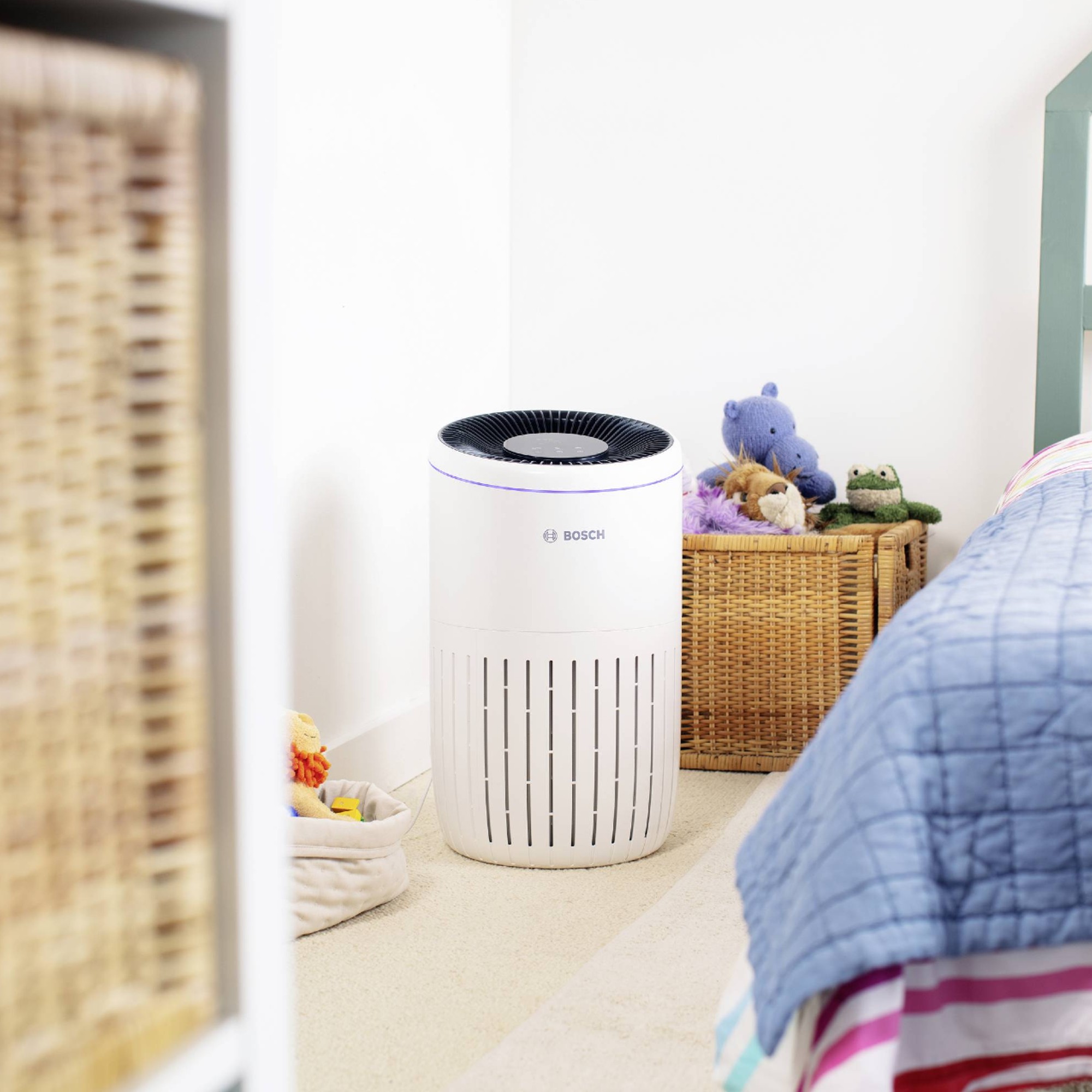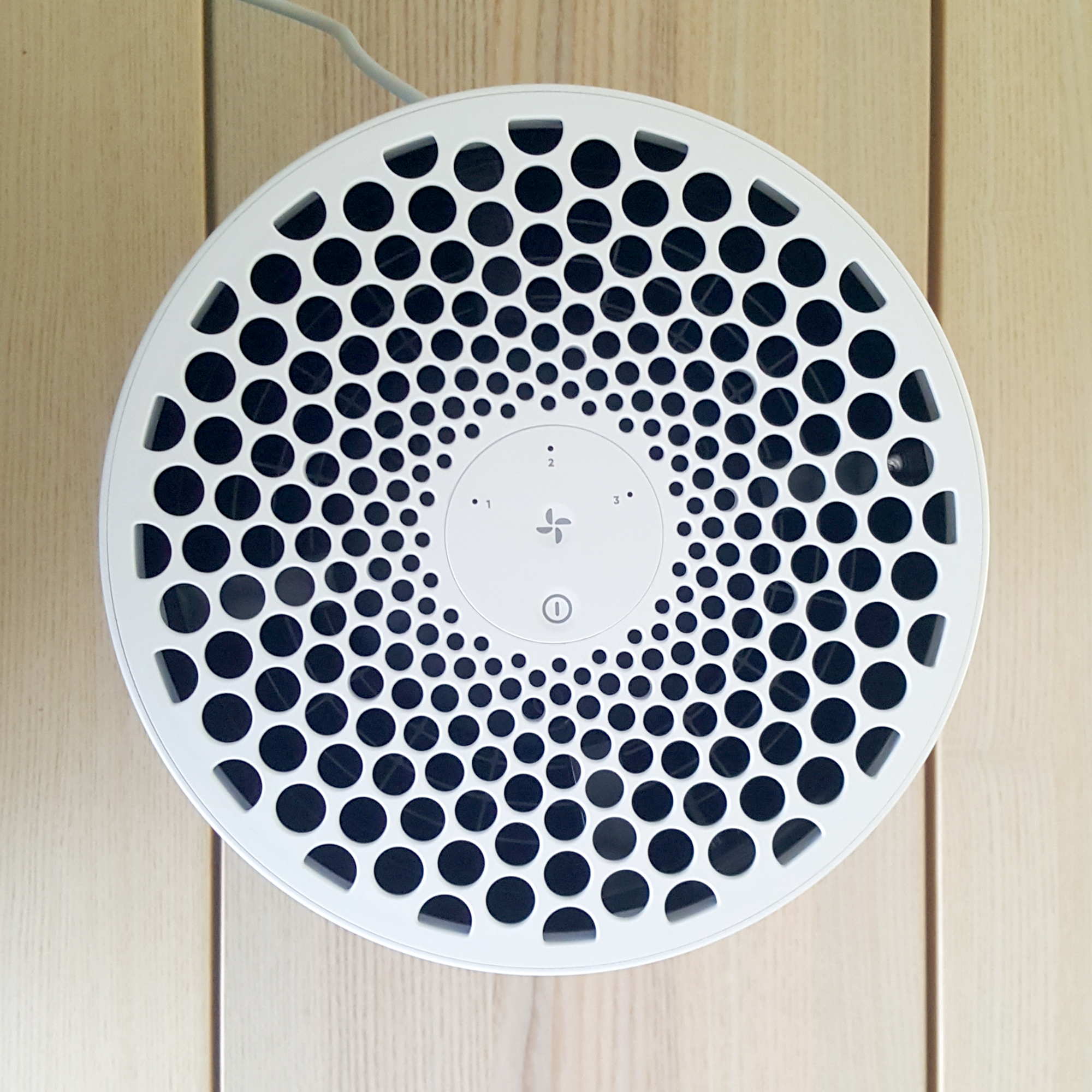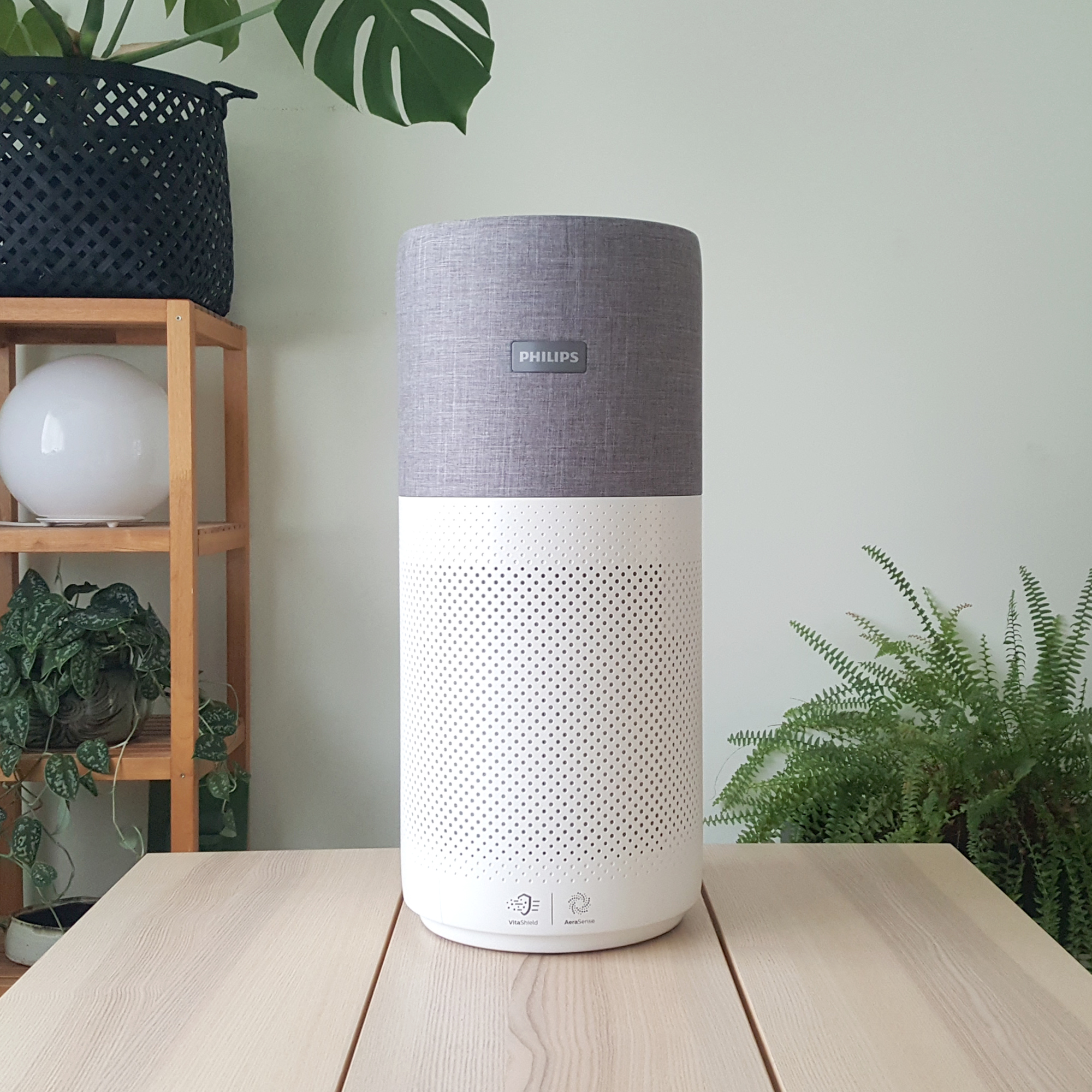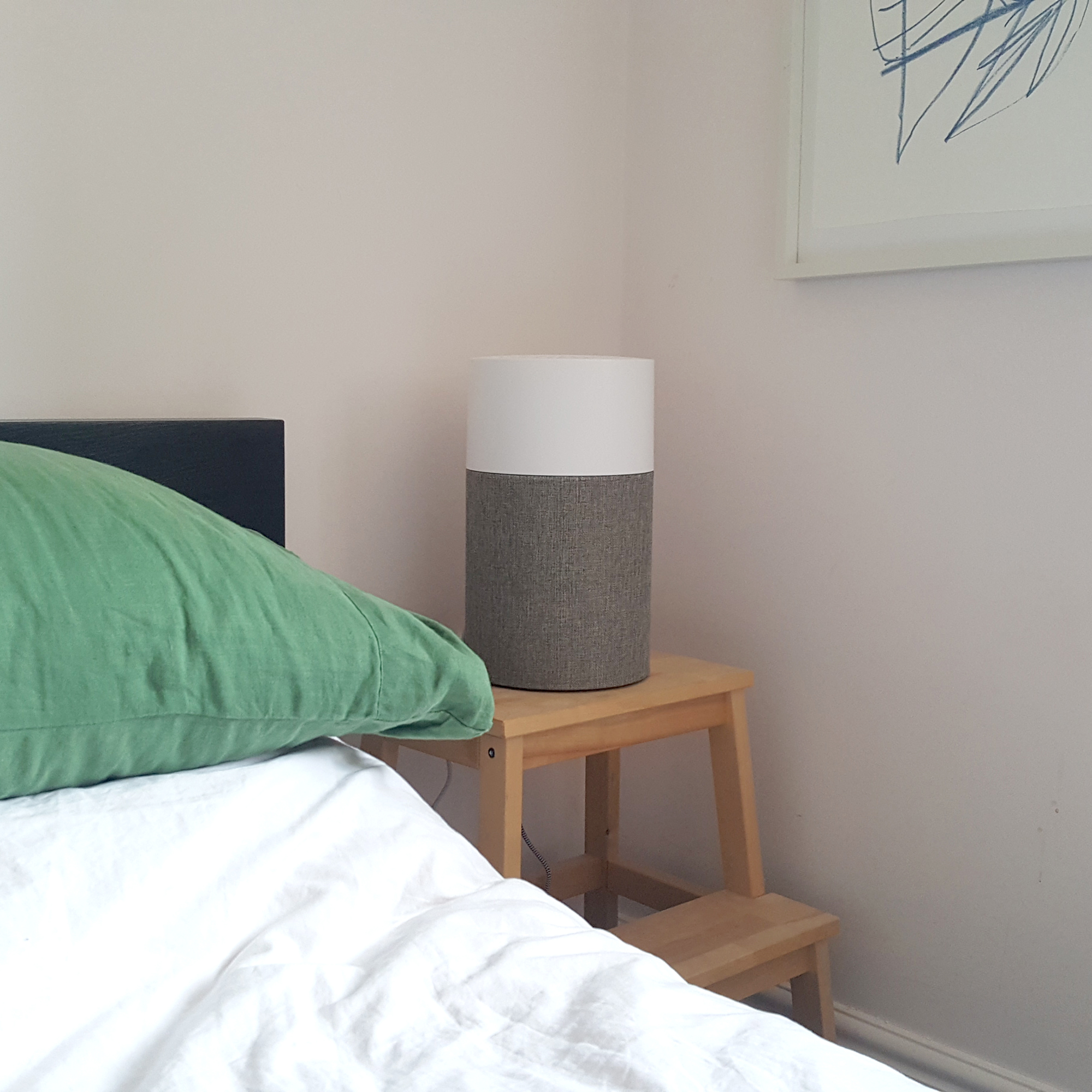
Air purifiers are fast becoming an investment worth making, helping to improve indoor quality and remove pollutants and allergens from the air inside your home. However, if you've started to run into problems with yours, it's worth understanding what causes an air purifier to stop working.
The best air purifiers should last you a handful of years with proper care and maintenance, but as with any home tech investment, they will, unfortunately, need replacing when they're on their last legs.
But before you throw in the towel, it pays to know why your air purifier might be causing you issues to help you identify any future problems sooner and better widen your understanding of your investment. If you ask us, these are likely to crop up when considering things to know before buying an air purifier.

What causes an air purifier to stop working?
'The lifespan of a typical air purifier is between 5 to 10 years, which can vary depending on several factors, including frequency of use, maintenance and the quality of the device,' explains James Longley, managing director at Utility Bidder.
'It can be frustrating when your air purifier stops working, however, there are simple factors that could be the reason as to why it has stopped operating.'
So, here are 5 common reasons why your air purifier is not working.
1. Clogged filters
When asking yourself, 'Why is my air purifier not working?', Chris Michael, MD of Meaco explains that the main cause is the air filters becoming clogged with dust and particles.
'In this instance, the air purifier will not be able to function effectively,' he notes. 'Regular maintenance and filter replacements are crucial to prolong the life of the appliance. Most filters last between six months to a year.'

2. Insufficient airflow
For an air purifier to work effectively, sufficient airflow must be given to the device when considering where to place it in your home.
James explains that one of the potential reasons why an air purifier has stopped operating is a result of 'placing the device too close to a wall'. Similar to where not to put an air conditioner, you should avoid putting the air purifier in enclosed areas with little ventilation.

3. Faulty power supply
'It is also possible for the power cable to become damaged or loose which can stop the purifier working,' explains Nathan Paul, air appliance expert at Appliances Direct.
Seeing as air purifiers are used extremely frequently, the possibility that the power supply has become damaged over time is not entirely unlikely. 'While this is a rare occurrence, checking the power source and ensuring the cord is intact during use can resolve this issue,' adds Nathan.
As such, if you suspect that this might be the issue it may be worth purchasing a new cable or looking into a replacement.
4. Worn out fan motor
As we mentioned above, the appliance itself will eventually wear out with frequent use, too. 'Over a long period, the air purifier fan motor can wear out and become less effective, leading to reduced airflow and efficiency,' remarks Nathan.
This is why Lars Dunberger, head of technology at Blueair stresses the importance of prioritising quality when looking into choosing the best type of air purifier for you.
'Quality matters not just for the purifier itself but also for its components. Investing in high-quality filters not only ensures optimal performance and longevity but not replacing them with genuine filters can lead to frequent breakdowns and reduced air purification efficiency,' explains Lars.
On the topic of appliance malfunctions, Michael adds that a sign that it needs replacing is if you are starting to notice a smell from it – in which case, it's worth finding out why your air purifier smells.

5. Plastic sealing hasn't been removed
While all the reasons we've listed so far centre around an air purifier that has been used for some time, if your device is new but still isn't working, Lars suggests one simple check.
'Ensure that the plastic sealing has been properly removed from the filter inside the air purifier. This is a common oversight and something we advise all customers to check on their new devices.'
6. Irregular or overdue maintenance
Although air purifiers typically only require minimal maintenance, it's inevitable that with regular use, natural filter build-up will occur. Therefore, keeping on top of cleaning filters regularly and checking their overall function certainly pays.
'Cleaning the appliance's filter will put the appliance and its motor under less strain and prolong its efficiency and working life,' assures Nathan.
If you want to unclog your purifier yourself, James advises to 'simply turn off the device and unplug the purifier, you can then clean the filtered air outlet using a soft-bristled cleaning brush.'
Shop our top-rated air purifiers
Combining a dehumidifier and an air purifier, the Meaco Arete One Dehumidifier & Air Purifier will help you effectively remove excess damp air and impurities in your home.
FAQs
How long should an air purifier last?
Typically, the lifespan of an air purifier is between 5 to 10 years. However, this can vary and is dependent on factors such as frequency of use, quality of the device, and how often you're maintaining it.
Why would my air purifier stop working?
'One of the most common reasons your air purifier may stop working could be due to a bad filter. As your purifier cleans up your air, it forces air through a filter which traps particles, such as mould and pollen, and eventually, the filter will get clogged up and may then require a replacement,' explains James Longley at Utility Bidder.
Alternatively, other factors such as appliance malfunction and irregular maintenance and upkeep may also be common reasons why your air purifier stops working.
At the end of the day, ensuring you're on top of frequent checks of your home investments is the best way to prolong its lifespan and keep it working well for years to come.
'Every air purifier comes with a unique set of care instructions tailored to its specific design and components. Following these instructions carefully ensures that you are maintaining the purifier correctly,' concludes Lars from Blueair.







